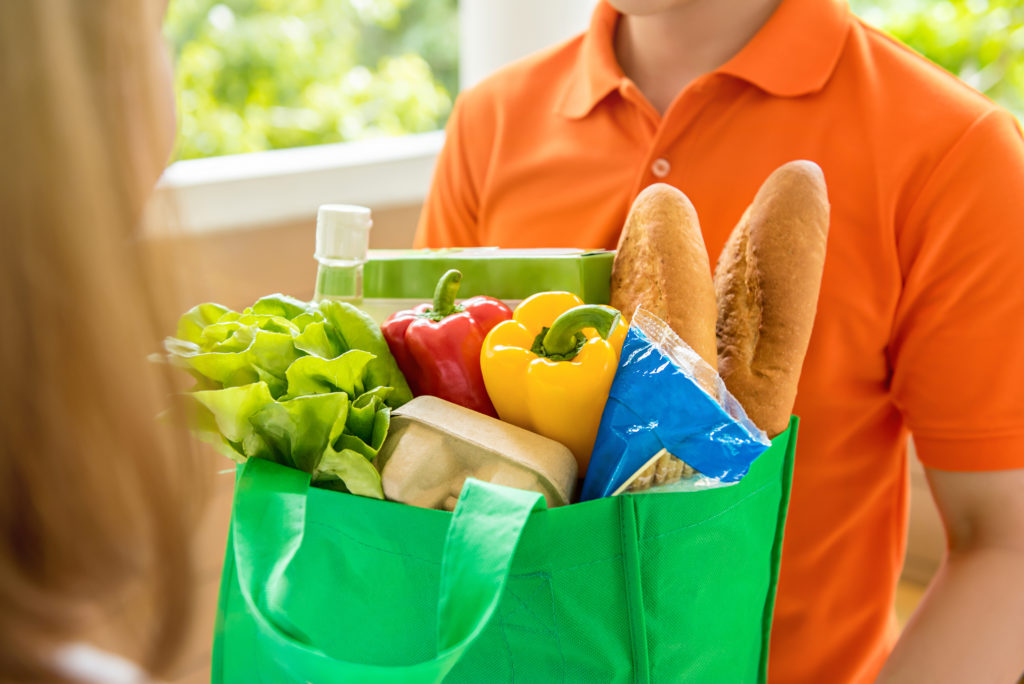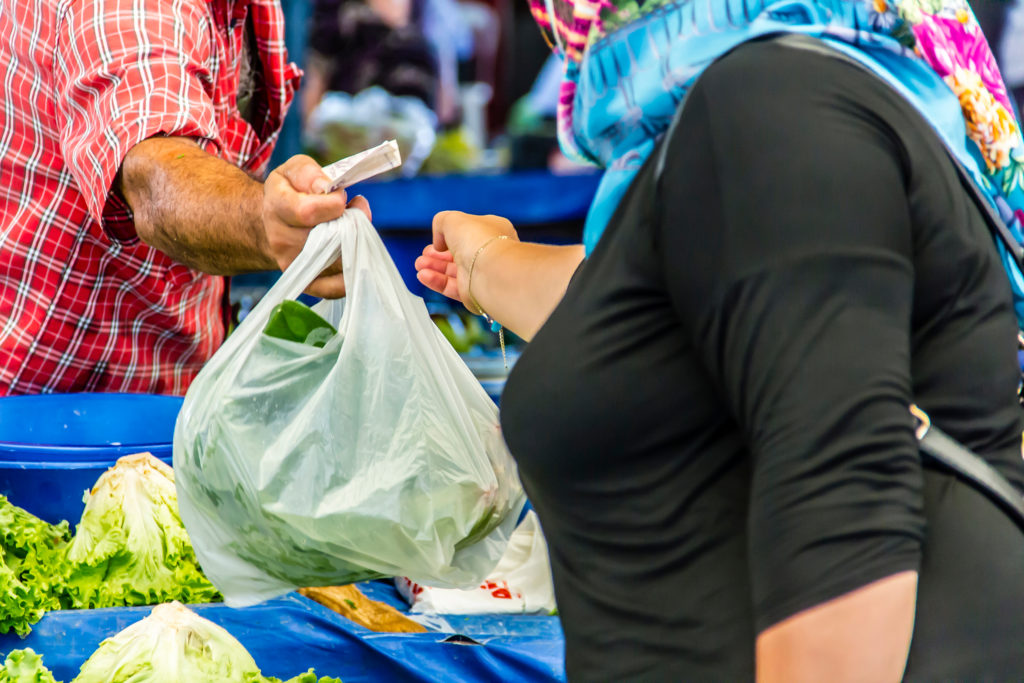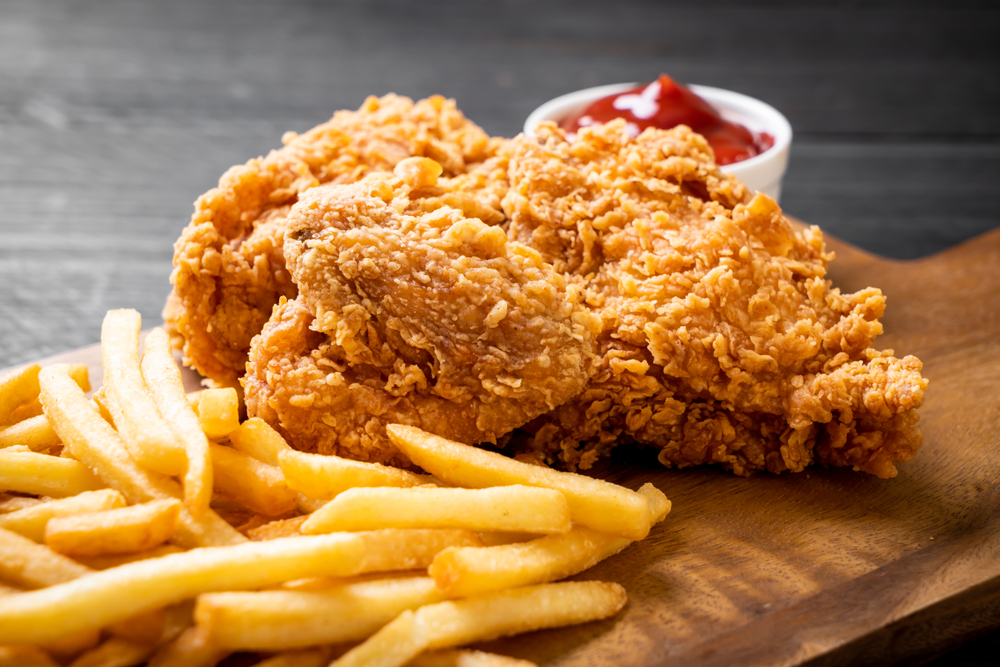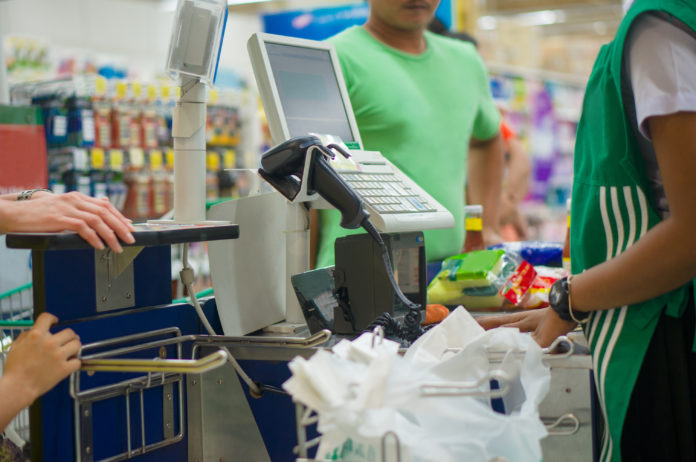July 4th 2018 brought two significant events which affected consumer affairs: a 50 cent cost for plastic bags imposed by the country’s largest supermarket chain, and as much as a 20 per cent increase in prices by one of the most popular fast food franchises in the world. I’ve chosen to forego any conspiracy theories, whether real or imagined, regarding suspicions of baseless profiteering in favor of a more positive approach to these two instances of price rises which in my view can turn out to be a good thing for our country, and our lifestyles.

At the very crux of the matter is needed a paradigm shift. We need to alter the ways in which we prioritize the convenience of plastic bags over the critical state of our land and marine environments. Or the way we make poor diet choices for the sake of instant gratification. More than ever, what is needed is Government intervention, spearheaded by the Ministry of Health and the Environmental Management Authority to make the unpopular and difficult decisions regarding our drive to further development.
Across the world, the use of plastic bags is either levied, fined, or banned altogether. These moves, however, have been State-implemented unlike the recent, isolated, case in Trinidad. Nevertheless, this could be exactly what is needed to direct us towards the path of sustainable development. The United Nations Sustainable Development Goal #12 – Responsible Consumption and Production outlines the significance of “reducing resource use, degradation and pollution” as part of the green initiative, but Trinidad and Tobago has come up short as it concerns encouraging citizens to ‘go green’. Until now. And I’m not referring to the accidental discovery of plastic-eating enzymes by scientists in Japan, rather a proactive approach to curb the excessive and dangerous proliferation of plastic waste.
Where the carrot has failed, the stick could prevail. The recent charge for the use of plastic bags in our most popular grocery can be a type of encouragement for a green initiative because it will paradoxically discourage any additional costs. In fact, I would go so far as to suggest a government-enforced bag tax (I suspect this will not be a favourable opinion). Think of it as a serious attempt to curb the negative effects of plastic consumption. For a best-case scenario of the effects of a bag tax, consider Ireland.

Called the ‘plastax’, Ireland has boasted of reducing their use of plastic by more than 90% while at the same time raising millions in revenue that redound to the benefit of the country in the form of clean-up projects and other environmental initiatives. The ‘plastax’ was introduced in 2002. Today it is credited with raising over 10 million euros while reducing the number of plastic bags by over 1 billion each year. Ireland was one of the earliest countries to clamp down on plastic usage, recognising the need for proper, environmentally-friendlier practices. Their success has set an extremely positive prospect for a similar initiative. And indeed this has taken place. Countries such as Bangladesh, Taiwan, and South Africa have followed suit with similar levies on plastic bag usage.
Closer to home, the Bahamas Minister of the Environment and Housing, Romauld S. Ferreira announced on April 23, 2018 that his Ministry will be developing an initiative to ban single-use plastics such as straws, utensils, and you guessed it, shopping bags, by 2020. Our own environmental stakeholders would do well to consider a similar plan.
The recent charge to use plastic bags implemented by our local grocery could work in favour of our environment as much as the price rise by the major fast food outlet can have a positive impact on our health. According to the Pan American Health Organization (PAHO), Trinidad and Tobago has the third highest rate of obesity in the Caribbean, marginally lower than second-place Barbados. And the problem isn’t just affecting adults. According to research conducted by the Ministry of Health in 2012, 25% of children between the ages of 5 and 18 years is overweight or obese. Now more than ever, we need to be conscious of our dietary choices and the impacts they have on our general health. The prospect of paying more for junk food without any reasonable justification should be enough of an incentive in this regard.

Mexico and Hungary have gone so far as to impose a junk food tax on ‘non-essential’ foods such as soda and candy. Scientists Pomeranz et al in their study of the feasibility of a federal “junk” food tax to improve diet in the United States concluded that “From legal and administrative perspectives, a federal junk food tax appears feasible…using a manufacturer excise tax, with additional support for sugar and graduated tax strategies.”
I won’t go so far as to advocate a junk food tax in these proportions, but I do think it is worthy to at least consider its own feasibility in the Trinidad and Tobago context. Our governments need to take social responsibility and make the difficult decisions and not defer this responsibility to the private corporations.
After all, if we truly believe in the power of consumer choice then who, or what, can force us to pay for a plastic bag, or for unhealthy food?



















